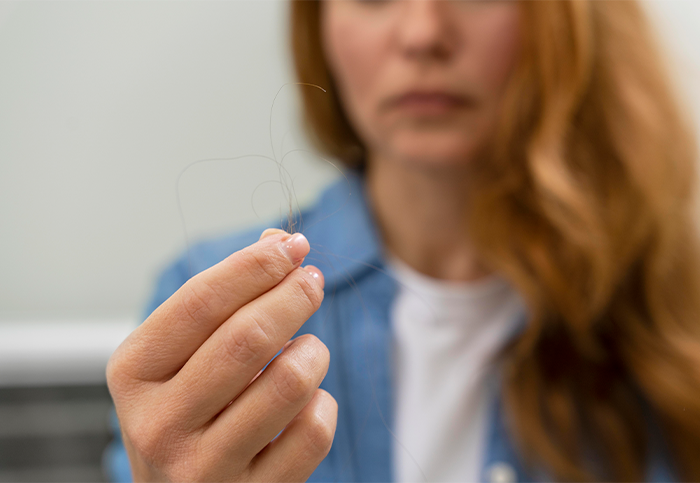Eye-Opening Benefits of Carotenoids for Your Eyesight
Fun fact: “Carrots do not have Vitamin A!”
You ate all those carrots for nothing, hoping for a miraculous improvement in your eyesight! (your whole life is a lie!)
Wait a minute! Before you go on a spree of removing all carrots from your diet and pledging not to eat them again. Hear me out!
Carrots do not have vitamin A but they have beta-carotene which is a carotenoid. Carotenoids are basically Vitamin A’s vegetarian cousins. In scientific terms they are called the precursor of Vitamin A. Found in plant sources, beta-carotene is broken down by the body to produce Vitamin A. It is responsible for giving the fruits their yellow, orange and reddish hues.

Let’s peel back the layers to reveal the lesser-known, yet equally powerful, attributes of carotenoids.
Carotenoids are as important for vision health as preformed vitamin A like retinol and retinyl esters. Beta carotene is one such carotenoid, apart from it lutein and zeaxanthin are two others which play an important role in clear vision and eye health.
Lutein and Zeaxanthin
Lutein and zeaxanthin are like the dynamic duo of the carotenoid world, often found hanging out in leafy greens and vibrant fruits. These pigments not only give veggies their rich colours but also play a crucial role in eye health.
Lutein and Zeaxanthin formulate the macular pigment in the macula. This is the central region of retina, a layer of light-sensitive cells at the back of your eye. Lutein and zeaxanthin are nature's sunglasses. They filter out harmful blue light and protect our eyes from oxidative stress, which can lead to conditions like age-related macular degeneration. Beyond their protective properties, they’re also linked to cognitive function and skin health.
Interestingly, our bodies can’t produce these carotenoids, so we must get them from our diet. Foods rich in lutein and zeaxanthin include kale, spinach, corn, and eggs. In fact, egg yolks are especially interesting because the fat in the yolk helps the body absorb these nutrients more effectively!
Supplementation with lutein and zeaxanthin is also a good way to deal with eyesight problems. The research found that participants taking lutein and zeaxanthin (LZ) supplements experienced significant improvements over time. The LZ group showed increased macular pigment optical density (MPOD) as early as 42 days and had higher serum lutein levels. They reported reduced eye strain and fatigue, along with enhanced cognitive performance in focus, memory, learning, and visuospatial skills by days 90 and 180 compared to the placebo group.
The researchers also discovered that those with the highest intake of lutein and zeaxanthin had a 43% lower risk of macular degeneration, compared to those with the lowest intake.
Attention! All the poor visionaries (in a literal sense!) and sight seekers! Nutrifactor’s OPTI VISION combines both lutein and zeaxanthin for all the poor vision problems. Considering the amazing evidence-backed benefits of lutein and zeaxanthin, OPTI VISION is worth trying.

References
https://pubmed.ncbi.nlm.nih.gov/29493984/
https://pubmed.ncbi.nlm.nih.gov/11880589/
https://link.springer.com/article/10.1007/s12325-024-02785-1
https://pubmed.ncbi.nlm.nih.gov/7933422/



